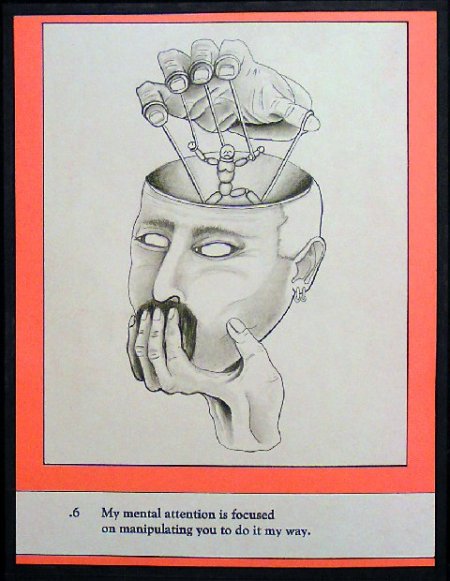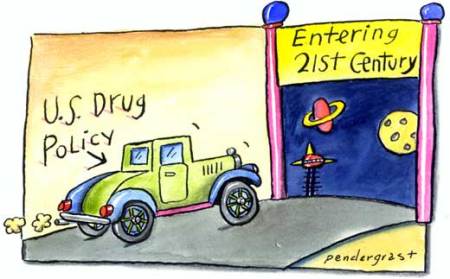
If you were to look up RECOVERY in a picture dictionary, chances are there would be a picture of The Betty Ford Center representing it. The Betty Ford center (BFC) is a recovery pillar, a groundbreaker and pioneer in the recovery culture and movement. Long before young stars like Lindsey or Britney sought help to wrestle their demons, the Betty Ford Center saw many cultural elites on their expansive manicured lawns. There was a day when BFC was routinely mentioned in Johnny Carson’s monologues, was fodder for backyard bbq conversations, and was a staple in supermarket tabloids. To those of us who make a living in the commerce of care we owe a huge debt of gratitude to the center and to Betty Ford herself. Where would we be if she had not had the courage to self disclose, organize her friends and funnel her celebrity into something that has changed the face of addiction treatment and the sub culture of 12 steppin’ – West coast style?
Today the center has been in operation for more than 25 years, has an endowment of more than 20 million dollars, 80,000 alumni and continues to establish standards of care and develop new programming. On a recent visit to “The Betty” I had the pleasure of seeing their children’s program, a brilliant and effective approach to introducing children, already hurt by the ripple effect of alcoholism, to the knowledge, values, and skills of recovery. Well done Betty! I have always had a particular interest in youth traumatized by addictive disease and the treatment of that. Disney knows “get them young” and you have a lifelong customer, cigarette companies seem to have clued in as well, I think it’s time we do too and thanks Betty for such an innovative and pioneering program!
While The Betty is a tremendous system, it is not without its warts. Visiting the Betty Ford center is a similar to what I imagine visiting Betty Herself would be like. I can envision the nervous anticipation of visiting with a former first lady, coupled with respect and brimming with questions and conversation ranging from politics to being a warrior in a more meaningful war on drugs. Unfortunately, reality in this case is similar to a balloon slowly loosing it’s air….The fantasy lunch is much more satisfying. In reality, the lunch ends with a somewhat disappointed, empty feeling that Betty is a 90-year-old lady who is past her prime and lacking in her energetic vision. It’s much the same with visiting the center; feeling like I’m headed to Lourdes and then realizing, like all things, The Betty is in some ways past it’s prime and is really a mix of good and bad.
The Betty blends in perfectly with its manicured neighbors – it’s very similar to the planned golf communities that surround it, the lawns are freshly mowed, the hedges are perfectly squared off, it’s warm and sunny and everyone seems happy to greet a New Yorker with open arms. They embrace me in the relief I must feel to be “out of the cold”. I let them know that I have a coat, but irony is not something of value at the Betty. The center is organized like a massive university campus; there are departments, halls, a central cafeteria and an organizational system guiding the treatment process. Each hall has its own identity and source of pride. Men are separate from women and interacting is strictly frowned upon. There is an antiseptic feeling at the Betty. It runs, efficiently, as if were run by an empathic navy admiral who has little tolerance for cutting corners.
The Halls are simple, industrial, and clean. They are as exciting as the freshman dorm at a land grant mega university but they seem to do the job. For the entitled, the risk of AMA is high. The Betty is very much grounded in fundamental paradigms of recovery, humility, honesty, and service. Clearly these are important values in any sustained recovery but the pacing of this is important. As a believer in meeting the client where they are, The Betty is a distant choice for the high profile client. The staff is friendly, warm, knowledgeable, they seem happy and largely in recovery themselves, something I think helps. They also seem to be white, retired, and ethnocentric about their desert community. There is an air of superiority, resting on laurels, and self-satisfaction. Like a pre Vatican II church. The Betty seems like a big factory, organized to the point of sacrificing a personal feeling or an individualized program. It can be argued that any treatment experience is as valuable as the relationship with ones primary therapist. The Betty would offer a great chance to work though ones issues with ones granny, given the apparent transference. As with all mental health treatment it is designed by and run by women. A conflict that is clear at the Betty. During the “When you. I feel” group a well-meaning middle-aged woman on the staff said, “When the men of DuPont are unwilling to participate in this exercise, I feel frustrated and sad”. The group took this comment as criticism, found it off putting and minimized the great effort it takes for a man to identify and discuss any feeling other than “Shut up”. I think I could have spoken for the guys in the group by responding with “When you nag and minimize, and patronize, I feel like I want you to shut up or go home and watch a soap opera” With such an emphasis on boy’s camp and girls camp, it is concerning that this does not extend to the staff. While there were men on staff, they were few and far between – the clinicians were primarily middle-aged women. For anyone raised on text messaging and doesn’t know a world without MTV, think twice; think three times before going to the Betty for treatment. Recent developments and demand have created programs which would be much more appropriate placements for a younger population.
The cafeteria is like everything at The Betty, clean, well run, and “not bad”. The food compares to a “souplantation” or some such mass produced mall like fare. It was fresh and well prepared. It is as exciting as a mall court, of course, you’re not there for the food. As with high school, the cafeteria sheds light on cliques at the Betty. Patients are mandated to sit with their halls, a sound clinical decision which makes sense. The dining hall looks like an AARP mixer or a dynamic master planned community clubhouse. There are the bulk of the patients who fall one or two deviations from the mean, on the fringes are the self absorbed and indignant young people who look like they have been bribed to visit grandma. In the distance, children from the kids program gleefully dart about, happy to visit grandma and excited to swim in the community pool. The kids are still excited by the endless soft serve ice cream machine.
The Betty is an important system in the world of treatment and recovery. They have helped thousands of people and untold numbers of families. They have done more to break through the cycle of shame than any other treatment center. The children’s program is the only one of its kind. The cost of the Betty is 25k for 30 days; it’s a treatment value. In a sense they are like another famous Ford, Henry Ford who figured out a system that made a horseless carriage more obtainable. The Betty is a 12step program – they stress fundamentals. In the end, take the crunchy with the smooth, leave your clubs at home and go get spiritual at the Betty, especially if you’re considering sobriety as part of your retirement plan.









